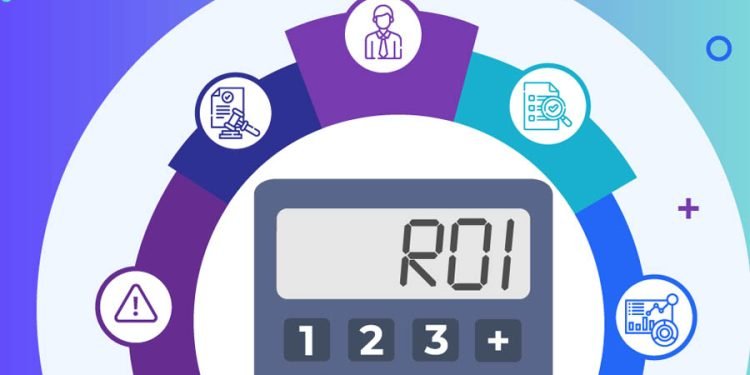Data quality tools are essential for businesses of all sizes to ensure their data is reliable and accurate. These tools can help organizations make better decisions, increase efficiency, and improve customer experience by providing visibility into their data. The challenge is understanding such a platform’s return on investment (ROI). In this article, we will explore how to measure ROI regarding data quality tools and learn more about how this platform delivers value for large and small businesses.
1. Cost Savings
One of the most significant benefits of data quality tools is the cost savings they bring. Data quality issues can cause high costs to organizations, such as lost revenue, reduced productivity, and customer dissatisfaction. With data quality tools, organizations can avoid these costs by promptly identifying and correcting data quality issues.
For example, suppose an organization’s sales data shows many products returned by customers. Using data quality tools to analyze the data, the organization may identify the reason for these returns as inaccurate product descriptions. Correcting these descriptions can significantly reduce the number of product returns and the associated costs.
2. Improved Decision Making
Data quality tools also help decision-makers make better decisions by providing accurate and reliable information. Decision-makers can rely on the data in their reports to make informed decisions about resource allocation, product development, and marketing strategies.
For example, suppose a marketing team is launching a new product campaign. Using data quality tools, the team can ensure that the data used in the campaign is accurate and reliable. This, in turn, can lead to better campaign results and an improved ROI.
3. Increased Operational Efficiency
Data quality tools also increase operational efficiency by automating manual tasks and improving data accuracy. Organizations can save time and resources by automating data quality checks while ensuring data accuracy.
For example, suppose a financial institution relies on manually checking customer data for fraud. By using data quality tools to automate this process, the institution can identify fraudulent activity quicker and more accurately.
4. Competitive Advantage
Data quality tools provide an organization with a competitive advantage. By having accurate and reliable data, an organization can make better decisions, respond to changes in the marketplace more quickly, and track performance more accurately.
For example, suppose a retailer uses data quality tools to analyze its sales data. The retailer can identify top-selling products, track customer behavior and preferences, and adjust its inventory quickly to meet customer demand. This, in turn, can give the retailer a competitive advantage.
5. Measuring ROI
Organizations should consider several factors to measure the ROI of data quality tools. Firstly, they should consider the upfront cost of purchasing and implementing the tools. Secondly, they should consider the ongoing costs of maintaining and upgrading the tools. Lastly, they should consider the agencies’ cost savings, improved decision-making, and increased efficiency.
What Happens After Data Quality Tools Are Implemented?
Once data quality tools are implemented, organizations should regularly monitor the data to ensure it remains accurate and up-to-date. Organizations should also document best practices for using the tools and create a process for periodically reviewing the data. With proper monitoring and documentation, organizations can ensure that their data is of the highest quality and maximize the benefits of data quality tools.
Conclusion:
In conclusion, data quality tools are essential for any organization that deals with data. By understanding the ROI of these tools and how to measure them, decision-makers can make informed decisions on whether to invest in them. The benefits of data quality tools include cost savings, improved decision making, increased operational efficiency, and competitive advantage. Measuring the ROI of these tools requires organizations to consider the upfront and ongoing costs of the tools and the benefits they bring. Investing in data quality tools can lead to improved business performance and a positive ROI.












